Anthropic Unveils Claude 2.0, Emerging as a Formidable Rival to OpenAI's ChatGPT
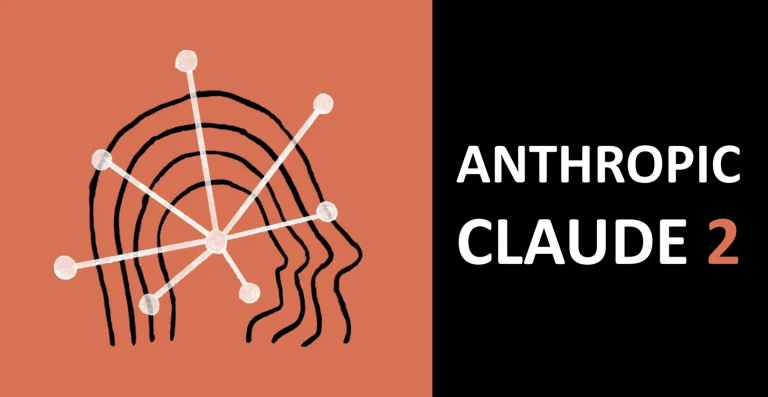
In a highly anticipated move, AI startup Anthropic has unveiled Claude 2.0, a major upgrade to its large-language model that is poised to challenge the dominance of OpenAI's ChatGPT. With enhanced coding, math, and reasoning skills, and a renewed focus on reducing harmful outputs, Claude 2.0 represents a significant step forward in the evolution of AI models.
Anthropic's CEO, Dario Amodei, described Claude 2.0 as a "bigger jump" over its predecessor rather than a "gargantuan leap." However, its notable improvements across various benchmarks make it a compelling contender in the AI landscape. The model demonstrated a remarkable increase in performance, scoring 71.2% on a Python coding test, up from 56% in the previous version. Additionally, it exhibited improvements in middle school math quiz grades, climbing to 88% from 85.2%, and Bar exam scores, reaching 76.5% from 73%.
One of the most impressive advancements in Claude 2.0 is its expanded prompt size limit. While the previous version could analyze prompts up to the length of the first Harry Potter book (approximately 75,000 words), Claude 2.0 can now handle double that size, equivalent to the length of an epic novel like Gabriel Garcia Marquez's One Hundred Years Of Solitude. This increased capacity opens up new possibilities for engaging with complex topics and generating comprehensive responses.
In a market where accessibility and adoption play a crucial role, Anthropic has taken significant steps to ensure widespread availability of Claude 2.0. The company has launched a new beta-test website, claude.ai, enabling general users in the U.S. and U.K. to register and experience the model's capabilities firsthand. Furthermore, Anthropic has made the model available to businesses through an API at the same price they paid for the previous version, Claude 1.3, facilitating a seamless transition for existing customers.
While Anthropic's emergence as a rival to OpenAI's ChatGPT may surprise some, CEO Dario Amodei emphasized that commercialization was always part of the company's roadmap. This latest release demonstrates Anthropic's commitment to advancing AI technology responsibly, as evidenced by its efforts to limit harmful outputs. Anthropic claims that Claude 2.0 is twice as effective as its predecessor in mitigating the risks associated with the model, thanks to a combination of the "Constitutional AI" training framework and ongoing human feedback and oversight.
With the recent disclosure of $450 million in funding led by Spark Capital, Anthropic is poised to further cement its position in the AI market. Thousands of businesses have already integrated Claude's API into their operations, and the company has begun working with larger customers such as Zoom, Notion, and Midjourney on building customized models tailored to their specific needs.
As the AI industry grapples with the challenge of striking a balance between progress and safety, Anthropic's CEO, Dario Amodei, suggests an alternative approach. Rather than advocating for a temporary freeze on model releases, Amodei proposes implementing safety checks and regulations to ensure responsible AI development. He believes that measuring and placing rules on AI models, rather than halting their progress, is the way forward.
Anthropic's Claude 2.0 release not only establishes the company as a formidable rival to OpenAI's ChatGPT but also underscores its commitment to pushing the boundaries of AI technology while prioritizing safety. With its remarkable performance enhancements and focus on responsible development, Claude 2.0 is set to leave a lasting impact on the AI landscape and shape the future of conversational AI.

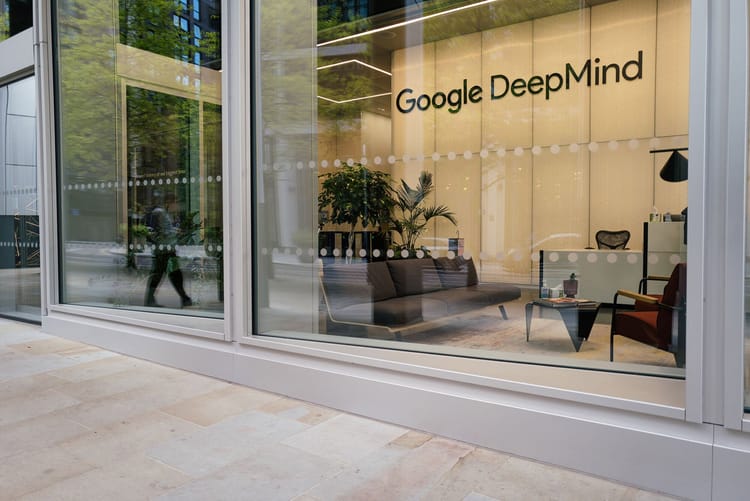
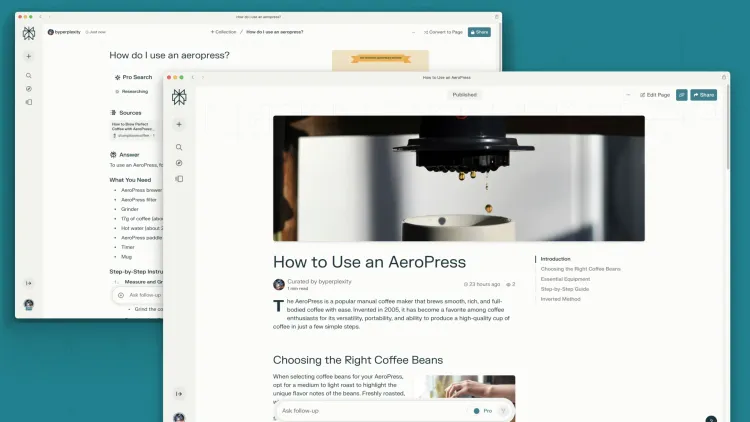
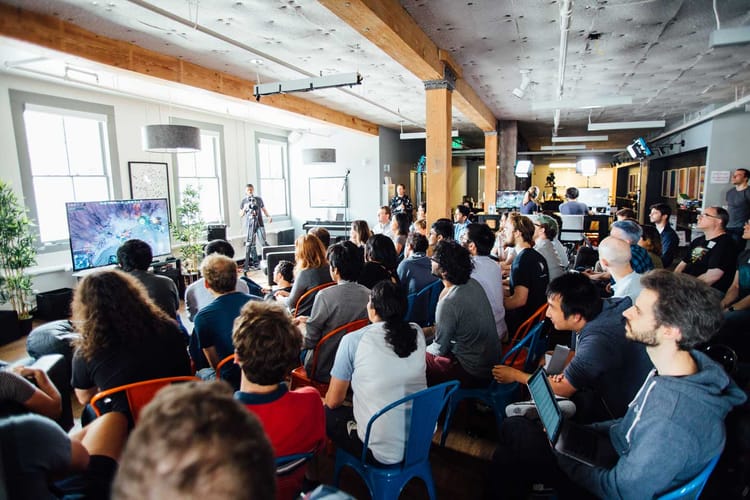
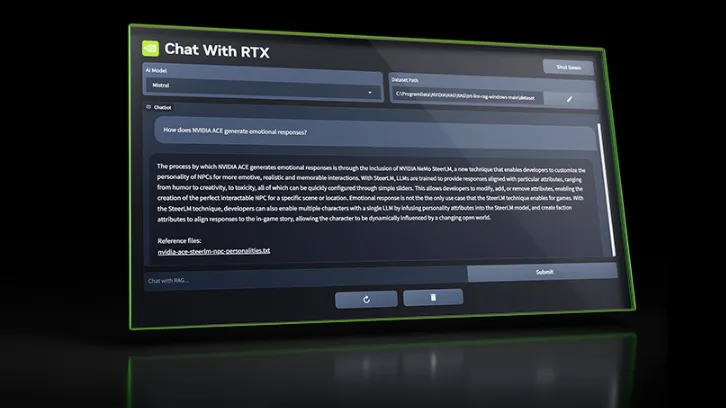
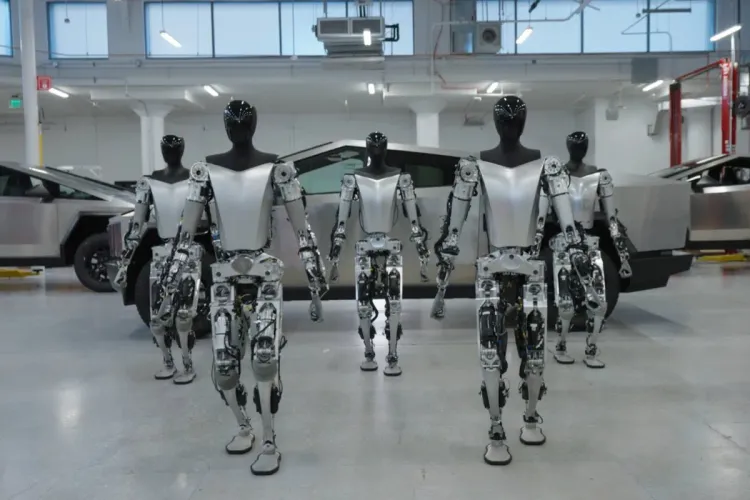
Member discussion